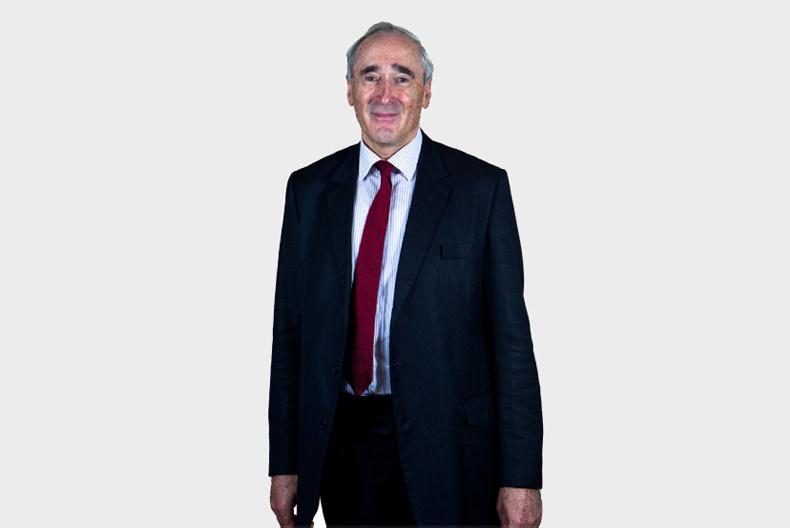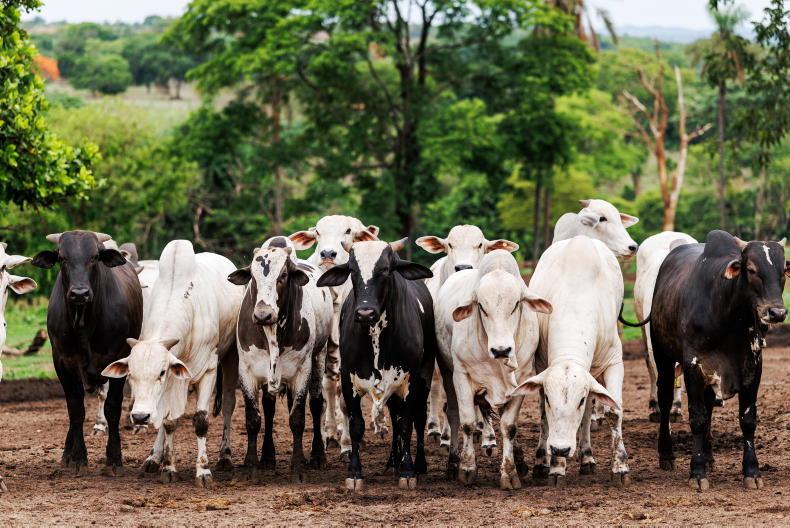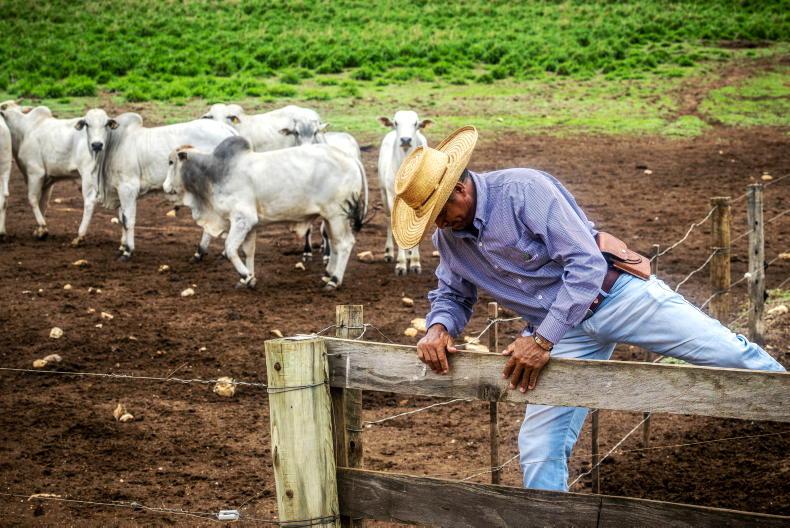So what are we to make of the French President Emmanuel Macron’s wish to see no insecticides used in French farming by 2030.
Already he has set out his position of being against an extension of the permission to use Roundup, or Glyphosate to give it the proper generic name. In recent days, he seems to have softened his position slightly by saying that outright bans on fungicides and herbicides won’t be put in place until alternative molecules are available.
Ireland has probably an awareness of plant diseases more than most with the potato blight of the famine caused by a fungus
The French initiative comes at a delicate time for European agriculture.
It now seems reasonably certain that a deal will take place with the South American Mercosur trade bloc, all the full members, Argentina, Brazil, Uruguay and Paraguay are significant agricultural exporters, with Brazil and Argentina being world-class major producers of beef and cereals, as well as sugar and ethanol in the case of Brazil.
While we must admire the efficiency of their farming sectors, they play by different standards. The most obvious case is Brazil. Brazil is now the largest net exporter of beef in the world. It has a traceability system in place for farms at present licensed to sell to the European market, but the traceability extends only to the last 70 days of the animal’s life before slaughter.
Irish farmers hardly need to be told that our traceability extends to the entire animal’s lifetime – the farms on which it was born and subsequently moved to for rearing and finishing.
The system in Brazil and South America is fundamentally different from Europe’s.
If the constraints placed on European farmers in the name of consumer protection and food safety are to have any real meaning then the same conditions must apply to imports.
Standards must be maintained
The EU has shown a vigilance in its discussions with the US to prohibit the imports of beef and pigmeat produced with hormones, and chicken meat that has been washed with a chlorine rinse.
On the tillage side, it is becoming increasingly clearer that access to genetically modified material and plant protection products is placing EU arable farming in an increasingly uncompetitive position on world and domestic markets.
President Macron’s comments encapsulate a European assumption that food will continue to be cheap, plentiful and safe regardless of the conditions imposed on European farmers.
Given the dependence these two sectors have on direct payments, as highlighted by the OECD report a few weeks ago, this is a dangerous assumption.
Ireland has probably an awareness of plant diseases more than most with the potato blight of the famine caused by a fungus – eventually controlled ironically by a French fungicide.
We should not be quite so ready to ditch history lessons from the past.
Read more
Full coverage of glyphosate
So what are we to make of the French President Emmanuel Macron’s wish to see no insecticides used in French farming by 2030.
Already he has set out his position of being against an extension of the permission to use Roundup, or Glyphosate to give it the proper generic name. In recent days, he seems to have softened his position slightly by saying that outright bans on fungicides and herbicides won’t be put in place until alternative molecules are available.
Ireland has probably an awareness of plant diseases more than most with the potato blight of the famine caused by a fungus
The French initiative comes at a delicate time for European agriculture.
It now seems reasonably certain that a deal will take place with the South American Mercosur trade bloc, all the full members, Argentina, Brazil, Uruguay and Paraguay are significant agricultural exporters, with Brazil and Argentina being world-class major producers of beef and cereals, as well as sugar and ethanol in the case of Brazil.
While we must admire the efficiency of their farming sectors, they play by different standards. The most obvious case is Brazil. Brazil is now the largest net exporter of beef in the world. It has a traceability system in place for farms at present licensed to sell to the European market, but the traceability extends only to the last 70 days of the animal’s life before slaughter.
Irish farmers hardly need to be told that our traceability extends to the entire animal’s lifetime – the farms on which it was born and subsequently moved to for rearing and finishing.
The system in Brazil and South America is fundamentally different from Europe’s.
If the constraints placed on European farmers in the name of consumer protection and food safety are to have any real meaning then the same conditions must apply to imports.
Standards must be maintained
The EU has shown a vigilance in its discussions with the US to prohibit the imports of beef and pigmeat produced with hormones, and chicken meat that has been washed with a chlorine rinse.
On the tillage side, it is becoming increasingly clearer that access to genetically modified material and plant protection products is placing EU arable farming in an increasingly uncompetitive position on world and domestic markets.
President Macron’s comments encapsulate a European assumption that food will continue to be cheap, plentiful and safe regardless of the conditions imposed on European farmers.
Given the dependence these two sectors have on direct payments, as highlighted by the OECD report a few weeks ago, this is a dangerous assumption.
Ireland has probably an awareness of plant diseases more than most with the potato blight of the famine caused by a fungus – eventually controlled ironically by a French fungicide.
We should not be quite so ready to ditch history lessons from the past.
Read more
Full coverage of glyphosate









SHARING OPTIONS